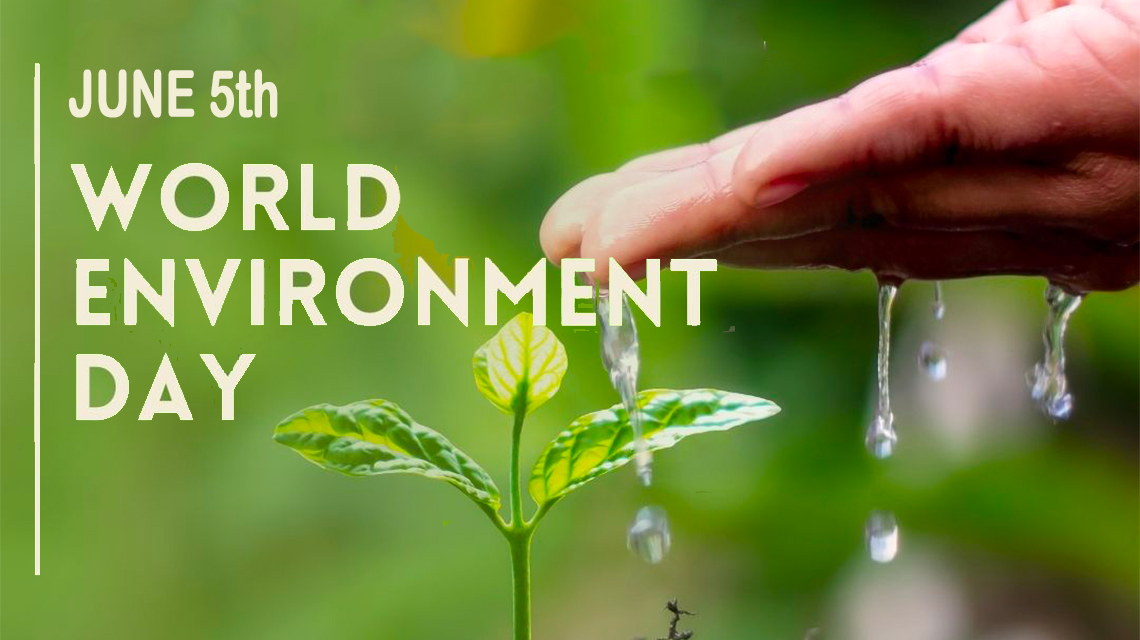Strengthening of the Italian Research Infrastructure for Metrology and Open Access Data in support to the Agrifood
June 5th is World Environment Day: Soil is the Resource to Protect

World Environment Day is celebrated globally on June 5. The theme of the 2024 edition, hosted by Saudi Arabia, focuses on land restoration, desertification, and drought resilience, under the slogan “Our Land. Our Future. We are #GenerationRestoration.” This theme is particularly relevant to the agri-food sector, which is the focus area of METROFOOD-IT, especially regarding soil. Soil is a fundamental, vulnerable, limited, and non-renewable resource, as it takes between 100 and 1,000 years to form just one centimeter of fertile soil.
Moreover, as Professor Paola Adamo from the University of Naples Federico II explains, today, 95% of global food production depends on soil and its ability to provide essential nutrients for our health. Soil absorbs and retains water necessary for the nutrition of plants and microorganisms, reducing the negative impacts of drought. It is also a crucial natural carbon reservoir (second only to oceans), thereby helping to mitigate the pressures of climate change. Yet, soil is currently a heavily threatened resource due to unsustainable agricultural practices, overexploitation, pollution, desertification, and excessive urbanization.
"Soil is as fundamental a resource for our existence as air and water, yet it is not likely perceived as such by the public," says METROFOOD-IT. "In recent weeks, I had the opportunity to participate in Florence at the centenary of the International Union of Soil Sciences, where these topics were extensively discussed. One particular remark struck me during a presentation: a speaker questioned whether soil would still exist in 100 years."
The problem certainly exists today: there are over 3.5 million potentially contaminated sites across Europe, while only a few tens of thousands have been remediated, and those processes are complex and costly. Italy, with its vast heritage of DOP and IGP food products whose characteristics are closely linked to the unique qualities of local soil (such as the case of the Piennolo tomato, discussed at the final conference of the PSR TOMATO TRACE 4.0 Project in Naples on December 19 ), has much to lose if it fails to adequately protect its soil. Much needs to be done to reverse the trend: according to ISPRA data, over the past fifteen years alone, more than 105,000 hectares of soil have been sealed in our country, an area as large as the entire municipality of Rome.
The issue is exacerbated by the lack of a European law for soil protection (although a new proposal is currently under discussion), making its defense dependent on the efforts and goodwill of local administrations. These administrations, however, face resource shortages and various challenging interests. As Professor Adamo emphasizes, "The slogan 'Our Land. Our Future.' is particularly fitting for soil: there is no future for humanity on our planet without adequate soil protection." This theme is also closely linked to the scientific research conducted by METROFOOD-IT, such as developing low environmental impact agronomic techniques or investigating contaminants and pollutants through innovative analysis methods.
To discover all the initiatives related to World Environment Day, visit this page: World Environment Day.





